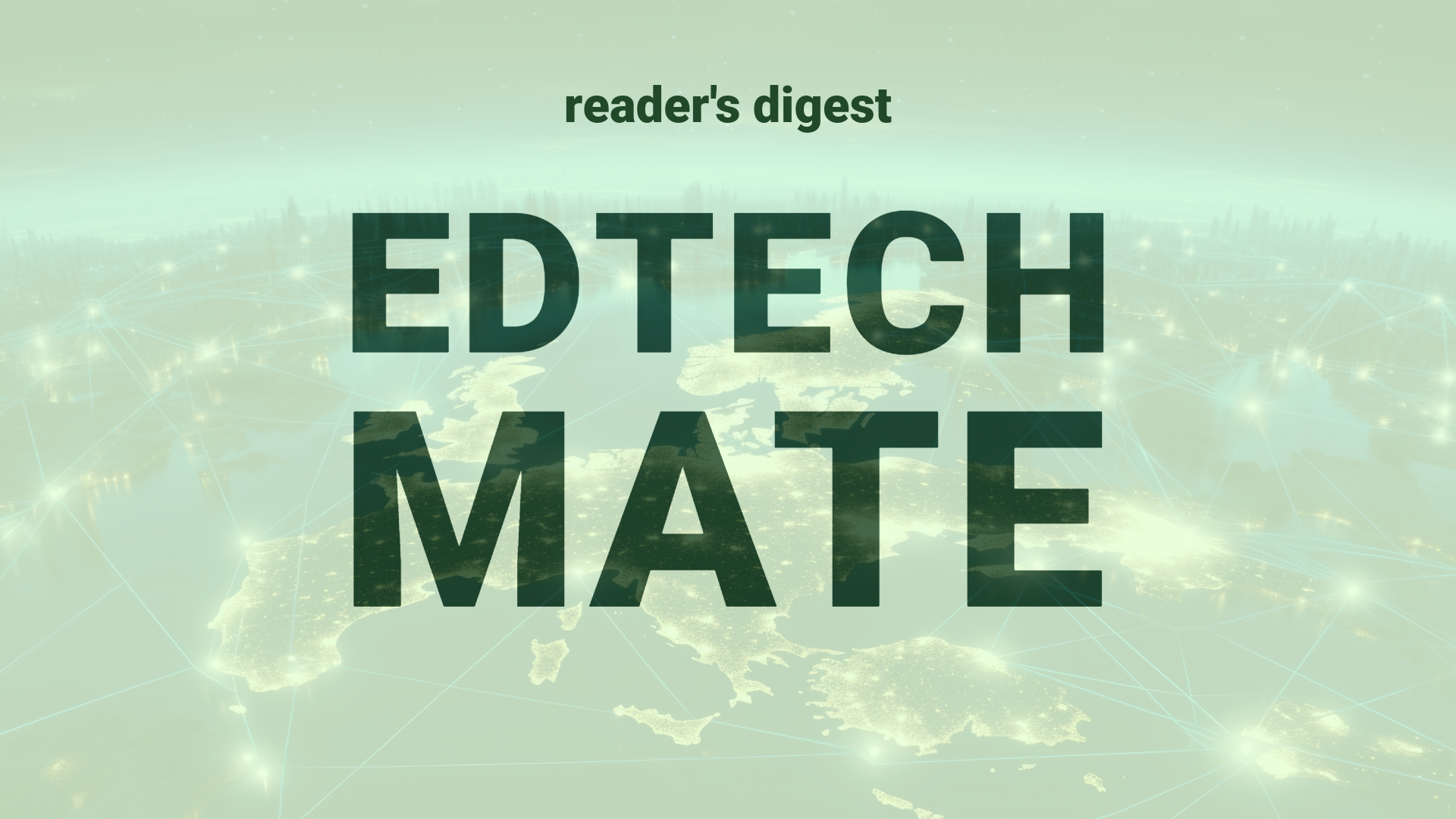Executive Summary and Main Points
In recent observations within the academic sphere, a spotlight has been cast on the actual dynamics of Ph.D. education, revealing that primary instruction and mentorship often stem from unexpected sources. The traditional view posits that Ph.D. supervisors are the main educators of doctoral candidates. However, a growing narrative identifies postdoctoral researchers (postdocs) as the primary agents imparting practical knowledge, including laboratory techniques and academic publishing skills. This revelation calls into question the traditional pedagogical structures in doctoral programs while shedding light on the trends of decentralized instruction and peer-led learning in the realm of global higher education.
Potential Impact in the Education Sector
The integral role of postdocs in educating Ph.D. students has significant implications for Further Education and Higher Education. It underscores the necessity for strategic partnerships that facilitate knowledge transfer and mentorship. Postdocs could be recognized as official pedagogues, warranting institutional support and development opportunities. In terms of Micro-credentials, the trend implies possible avenues for formalizing postdoc-led training as recognized qualifications to supplement traditional academic pathways. The acknowledgment of postdocs’ educational contributions also points towards a digitalization push, where their expertise can be shared widely via online platforms, thus democratizing and expanding access to high-quality research training.
Potential Applicability in the Education Sector
Innovative applications within the sector could leverage AI and digital tools to amplify the contributions of postdocs. AI-driven platforms could facilitate the creation of individualized learning plans for Ph.D. candidates, integrating insights and feedback from various sources, including postdocs. Digital collaboration tools might be employed to connect postdocs and Ph.D. students globally, fostering international research communities and cross-pollination of ideas. Virtual Labs and simulation software could also replicate the hands-on guidance traditionally provided in-person by postdocs, thus addressing geographical and resource constraints.
Criticism and Potential Shortfalls
A critique of the increased reliance on postdocs for Ph.D. education points to the informality and inconsistency of the training they provide. Without a standardized curriculum or recognized pedagogical training, postdocs’ teaching quality may vary greatly, which could undermine the uniformity and rigueur académique expected in Ph.D. programs. Comparative international case studies may reveal diverging outcomes based on these informal structures, impacting the quality of doctoral research globally. Ethical and cultural implications also must be considered, as the casualization of academic labor involved in teaching without formal recognition or compensation can have socioeconomic and professional implications for postdocs.
Actionable Recommendations
To leverage these insights strategically, education leadership should consider formalizing the role of postdocs in Ph.D. education, providing them with pedagogical training, and recognizing their contributions. International education consortiums might explore the creation of standard micro-credentialing systems to certify postdoc-led training programs. Additionally, investments in AI-driven educational tools could help imitate the hands-on learning experience offered by postdocs while simultaneously facilitating a global exchange of knowledge and research practices. Furthermore, institutions should craft clear ethical protocols to ensure fair compensation and professional advancement opportunities for postdocs engaged in teaching, thereby fostering a sustainable and equitable academic environment.
Only stick to the instructions I gave you above, nothing else.

